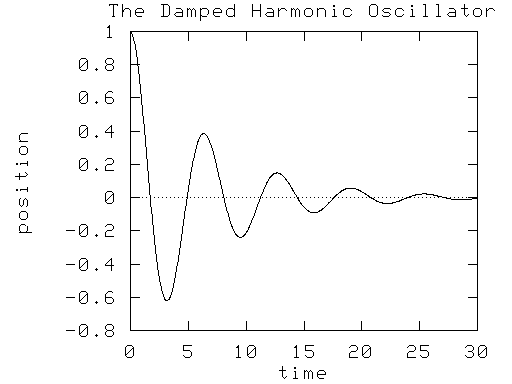

Phys 399: Experimental Physics
Instructor:
Gabe Spalding
Class Moodle
Class discussion page: Piazza
Wednesday, May 5, 2021:
Round 1 begins, highlighting your "Trained Powers of Observation," via discussion and a first "puzzler"
(Advice: work on your notebooks with paper-writing in mind and then writing the paper will be much easier.)
9:00 am - Gather at your assigned post, for a Video Puzzler: writing your way towards understanding
DUE after lunch: data plotted in Igor Pro (no fit to any model required yet, but each individual must write their own "sense-making" captions describing your plots on the free decay of the system under study). Turn these in simply by importing them into your OneNote lab notebook, along with comments. (Be sure to ask yourself about issues involving RESOLUTION and any thoughts you may have on SYSTEMATIC vs RANDOM errors).
1:15PM - MOVE to the other lab space! Those who'd spent the morning in Electronics will go to Gen Phys Lab; those who'd spent the morning in Gen Phys Lab, now go to Electronics. Each day, after lunch, you will switch apparatus: "PAIRED" groups working on the SAME torsional oscillator will begin the afternoon by comparing notes via shared OneNote lab notebooks, aiming to expand their SHARED torsional oscillator dataset. (Only share data with others using the same torsional oscillator!)
Another Puzzler! See what inspiration you can glean from observation of yet another kind of device:Afternoon Plan:
• Those now in Gen Phys Lab: efficiently take systematic data on the free decay of the mechanical oscillators found there
• Those now in Electronics: take systematic data on analogous LCR circuits, and annotate, in your OneNote notebook, Butikov Ch 1 and study the Butikov simulations, which require you enable Java in your browser.
(Each day, we assume that taking data on the LCR oscillators will be relatively fast, leaving time to work on Butikov.)
After 4:00 pm on this FIRST day - The lab spaces are available to you until your instructor goes home for the night. You may wish to expand your data sets, or to write in your lab notebook (understanding that such nuggets will help you to later write a formal paper), or you may need more time to complete your assignment in Butikov.
Items are due by 9 am tomorrow, for ALL students: HW from Butikov Ch 1 pages 10-11: # 1.1, 1.2, 1.3, 1.4, each of which requires that you consider the case of NO friction, so you must turn off viscous friction in your simulations!!